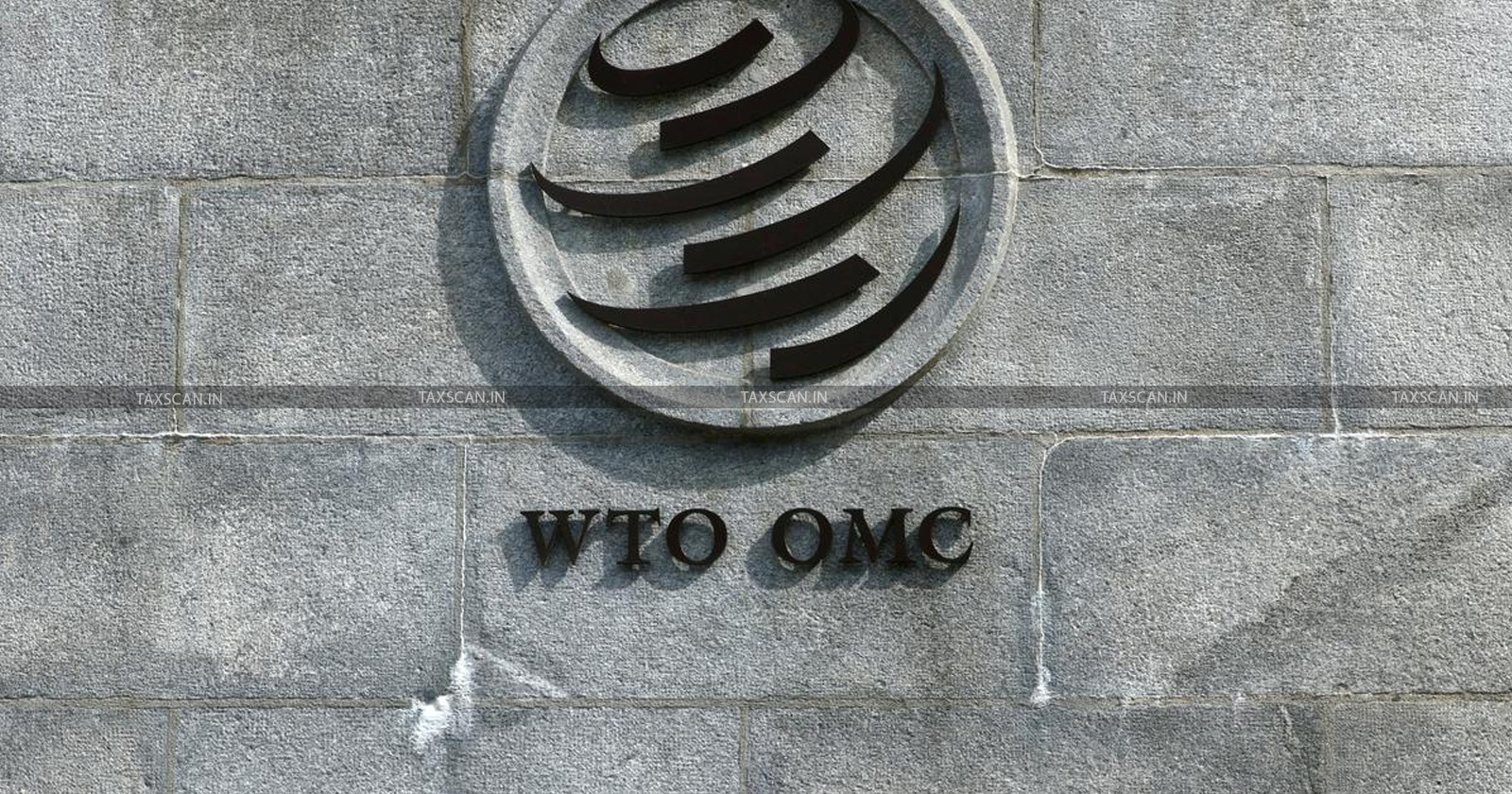Central Govt unlikely to Extend Customs Duty Moratorium for e-Commerce Operators
India is unlikely to extend the customs duty moratorium for e-com operators in the upcoming Ministerial WTO Conference in Abu Dhabi

In a significant development ahead of the World Trade Organization's 13th Ministerial Conference ( MC13 ) in Abu Dhabi, India is poised to resist extending the moratorium on customs duties for electronic transmissions.
Citing a lack of consensus on its scope and its disproportionate benefits to developed nations, Indian officials reveal the country's reluctance to support further extensions.
India, backed by South Africa, is set to oppose a plurilateral pact on investment facilitation for development, spearheaded by a group of 130 countries led by China. Arguing that this non-trade issue falls beyond the WTO's purview, Indian officials express concerns about the potential alteration of the multilateral forum's scope.
In the run-up to the WTO's 13th Ministerial Conference ( MC13 ) in Abu Dhabi, India takes a firm stance against extending the moratorium on customs duties for electronic transmissions. An official close to the negotiations discloses that New Delhi is unlikely to support the extension, citing the absence of consensus on the moratorium's scope. The official challenges proponents of the moratorium to clarify its coverage before a decision can be made.
The e-commerce moratorium, in effect since 1998, has faced periodic extensions at successive ministerial conferences. However, developing countries, including India, contend that it disproportionately benefits developed nations, causing an estimated annual revenue loss of $10 billion globally. For India alone, this loss could exceed $500 million annually.
Studies indicate that the moratorium encompasses digitized products, including physical goods transformed into intangibles due to technological advancements. Books, movies, and digitally delivered services may fall under its purview. Indian officials emphasize the need for a comprehensive understanding of the moratorium's scope to make informed decisions.
Simultaneously, India opposes a plurilateral pact on investment facilitation for development proposed by a group of 130 countries, with China as a leading force. The proposal, aimed at annexure-4 of the WTO, raises concerns about undue alterations to the multilateral forum's scope. Indian officials, particularly the Department of Economic Affairs and the DPIIT, scrutinize the proposal, pointing out issues with the appeal and review mechanism, which may encroach upon the country's policy space.
Support our journalism by subscribing to Taxscan premium. Follow us on Telegram for quick updates


